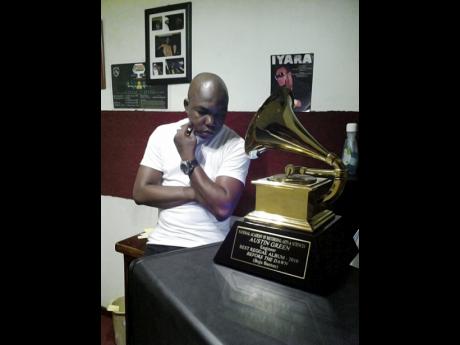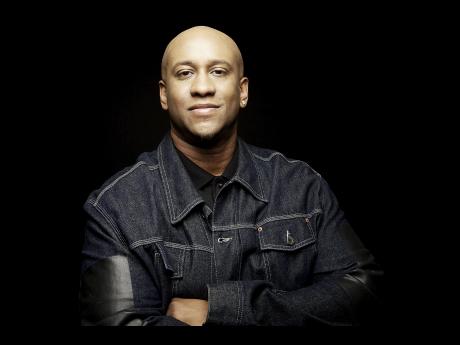How it all started...A musical alliance
The Alliance, Monster Shack Crew, Gaza and the Portmore Empire, Gully and JOP (or 4th Generation). A few years ago, most popular dancehall artistes were aligned to one of these camps.
Rodney 'Bounty Killer' Price, has always been known for taking in young aspiring deejays and introducing them to professionals in the music fraternity, which came to be known as The Alliance. It is not uncommon to find artistes seeking to align themselves with established acts.
But now there seems to be a rise of a new generation of reggae/dancehall artistes, who appear to be piloting their own careers through social media. So the question is, are alliances still necessary for up-and-coming artistes?
According to popular record producer and lecturer at the Institute of Cultural Studies, Jeremy Harding, "The constraints of technology (in the '90s and even before) increased the demand for camps. Artistes had to align themselves with a producer who would record their music, and in order to facilitate that, some ended up forming an allegiance, or alliances."
HOMOGENOUS CAMPS
Harding added: "Management oppor-tunities came out of it as well. If you had a record label and put out a certain amount of music by an artiste, then persons would specifically link the label to arrange bookings."
The camps were also homogenous. As Harding said, it meant that the artistes would record on the same rhythm, which resulted in them being locked into a particular sound or performing in the same spaces, thus leaving one to argue that it stifled the emergence of new talent who wanted to do things differently.
Fast-forward to 2018. Although various dancehall collectives (camps/alliances) are active, the inclusion of new technology, small studio set-ups, digital and social media have given rise to a more determined and diverse set of talent.
"With the increased availability of technology, more [artistes] can get into the music industry game. There is no longer a need for big record companies and labels, as it can be done by recording and uploading (music) to a website [like SoundCloud] from the comfort of one's home," said Harding. "There is a more fragmented niche for camps or alliances since digital distribution - the need for it has diminished over the last five years."
With that said, how important is it for the current generation of entertainers to form alliances?
"The question of relevance is difficult to address, as it may be relevant to the practitioners at different levels. To ask if it is still happening, the answer is not really, or if it is still needed, many will argue that it is. There are benefits from having it in place, but I don't think it is absolutely necessary," said Harding.
Grammy Award-winning producer Austin Green of Payday Music Group believes alliances still serve a purpose as a platform and space in the entertainment industry for both new and established artistes. But their role has evolved.
BRANCHING OUT
"Moving from studio camps such as King Jammy's and Penthouse Records to artistes owning studios, then on to the ideology of artistes helping to push out music, increased the alliances which became greater and more connected, as more artistes branched out into owning the technology or links to form their own groups," said Green.
The Alliance, Monster Shack Crew, Gaza and the Portmore Empire, Gully and JOP (or 4th Generation) are just a few of the groups, and it was not just happening locally within the dancehall and reggae spaces, but also overseas in the hip-hop culture.
"Those changes in reggae and dancehall were also as a result of differences. When people had differences, one would choose who they wanted to listen to or follow, so on the outside looking in, fans of the artiste would do the same," Green said. "People started to think there was no unity, but for me, from the inside looking out, it was just competition and passion that impacted the industry in various ways."
He said that when it came to feuds between Gaza and Gully artistes, it became so critical that, "It got out of hand, it became a disgrace and was degrading to the dancehall and even the political parties. But it has toned down immensely - for the better".



